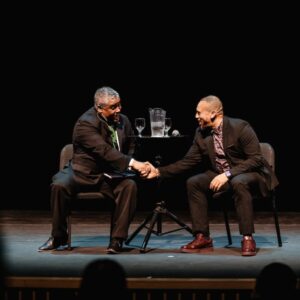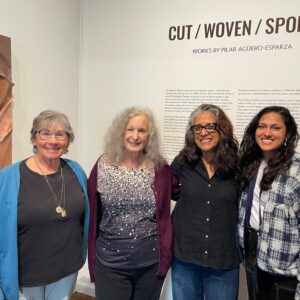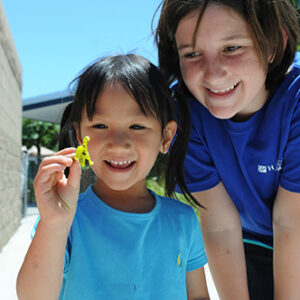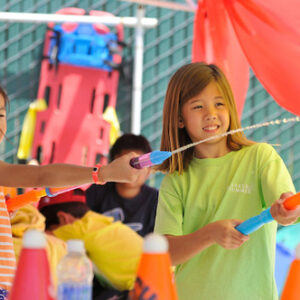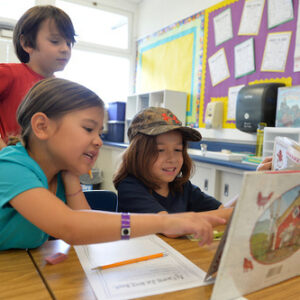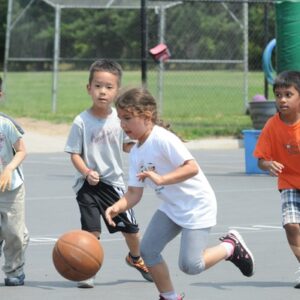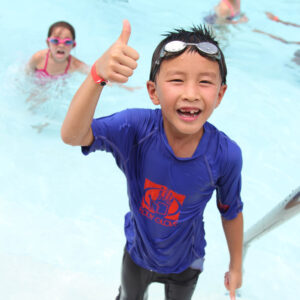WAITING FOR PHOTOS
This article was originally published in the fall 2012 Harker Quarterly.
Located on Harker’s lower school campus, Summer Camp+, where K-6 students have a full morning of academics followed by fun, action- packed afternoon activities, offers full, partial-day and morning-only options.
Students have the choice of enrolling in either Core Focus or LoL (Learning opportunities in Literature). Both programs conclude at 11:30 a.m. to make room for an afternoon activity program. Core Focus is a three- or four-week math and language arts-focused program. LoL is a two-week integrated curriculum centered around a literary theme.
This year, a spirited four-way game of “color clash” kicked off the beginning of Summer Camp+. The traditional event, held in the bucknall gymnasium, saw team groups yellow, red, green and blue competing in an array of activities coached by enthusiastic camp counselors. Wearing hula skirts, capes and silly hats, counselors kept the huge room filled with enraptured campers. It was all part of an effort to unite and welcome Harker’s youngest summer camp participants as a group.
Standing near a door leading out to the gym’s lobby, the camp’s art specialist Arwen Lange explained, “This was an easy way to bring all the campers together in one spot, to unite them as a group and raise the camp spirit.” Lange, who also works as assistant director of the lower school’s BEST program, said this is her second year working at the summer camp, an endeavor she plans to continue.
Officiating at the event was Joe Chung, director of Summer Camp+, who took center stage, flanked by colorful balloons and banners celebrating the teams. Decked out in yellow and sporting a bright hat adorned with a huge slice of cheese, he held timed contests for the enthusiastic campers. During one event, the pass the hula hoop activity, there was a four-way tie … a first time in camp history!
New this year, under the rubric of morning academics, were expanded music workshops open to instrumental students entering grades 2-6 with at least one year of experience playing violin, viola, cello, bass, flute, oboe, clarinet, saxophone, trumpet, French horn, trombone, guitar, piano or percussion.
These two-week workshops offered exposure to music theory and composition, improvisation, ear training, singing, ensembles and full orchestral playing. A concert was performed at the end of each session and a recording and printed score given to each student.
“Making music can be isolating,” said Louis Hoffman, Harker’s K-5 instrumental coordinator, who started the program with the goal of keeping his students playing over the summer. “often what happens with learning an instrument is that kids work hard all year, then stop during the summer, and have to start over or even worse, get frustrated and quit. My goal is to keep students engaged.”
Indeed, noted Chung, keeping young students engaged over the summer, no matter what camp option they ultimately select, is the overriding goal of Summer Camp+.

